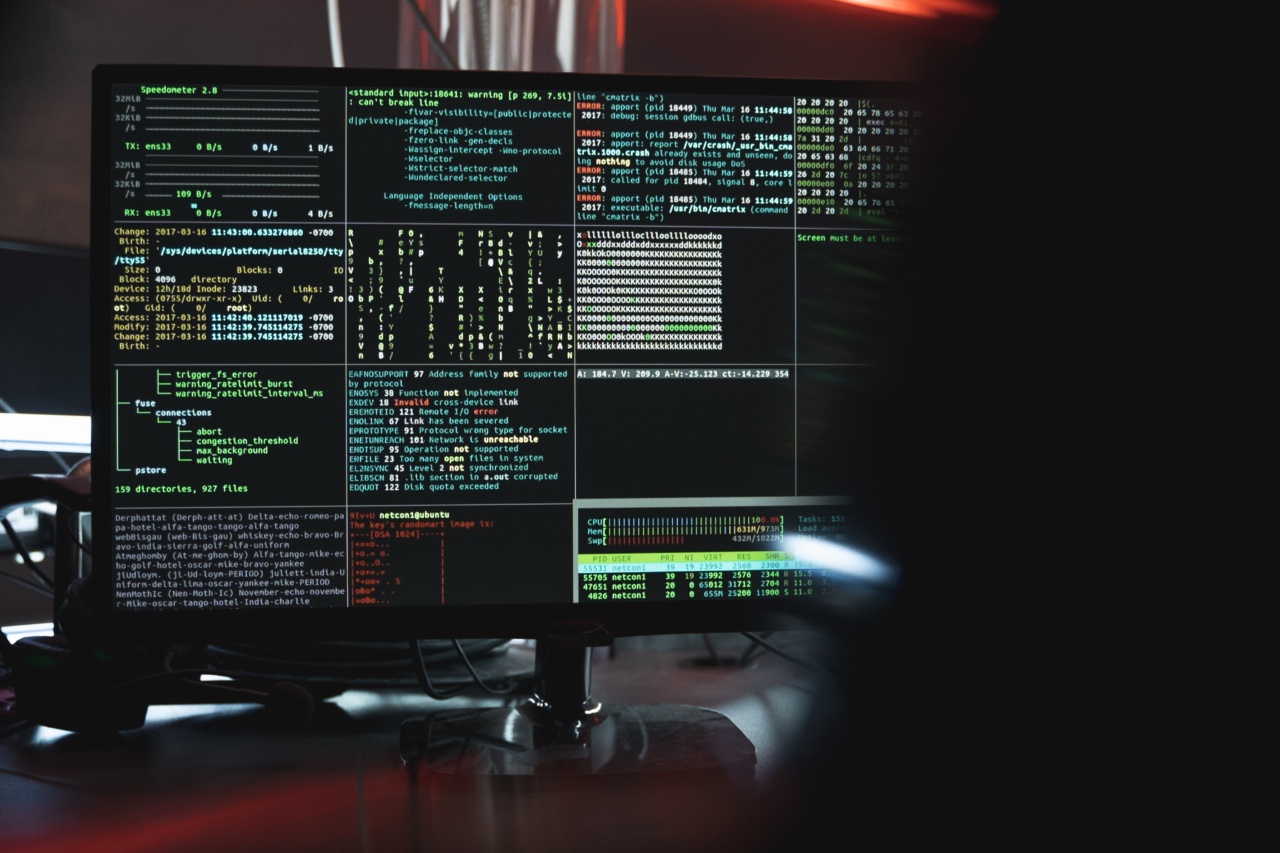Fasting is a practice that has been followed for centuries in various cultures and religions. It involves abstaining from food and drinks for a certain period of time, usually to fulfill a religious or spiritual purpose.
Breaking the fast, also known as iftar, is an important event for those who observe fasting, and there are certain etiquette and guidelines that should be followed. In this article, we will discuss the do’s and don’ts of breaking your fast.
1. Do hydrate yourself
After hours of fasting, it is important to rehydrate your body before consuming any food. Start by drinking water, preferably room temperature water, to replenish the fluids lost during the fast.
Avoid drinking sugary or carbonated drinks as they can cause discomfort and bloating.
2. Don’t overeat
While it may be tempting to indulge in a feast after a long day of fasting, it is important to control your portion sizes. Overeating can put a strain on your digestive system and lead to discomfort and indigestion.
Instead, opt for small and frequent meals to ease the digestion process.
3. Do include dates
Dates have been traditionally used to break the fast for their nutritional value and natural sweetness. They provide a rich source of energy and essential nutrients.
Make sure to include dates in your iftar as they help regulate blood sugar levels and provide a quick source of energy.
4. Don’t skip fruits and vegetables
Breaking your fast with a balanced meal is important to ensure you are providing your body with the necessary vitamins and minerals. Include a variety of fruits and vegetables to replenish your nutrient stores.
Fresh salads, soups, and steamed vegetables are excellent choices.
5. Do consume lean proteins
Include lean sources of protein in your iftar meal to promote muscle repair and growth. Options such as chicken, fish, tofu, or lentils are great sources of protein. Avoid fried or heavily seasoned proteins, as they can cause heartburn and discomfort.
6. Don’t have excessive caffeine
While a cup of coffee or tea may be tempting after a day of fasting, it is important to limit your caffeine intake. Excessive caffeine can lead to dehydration and disrupt your sleep patterns. Opt for herbal teas or decaffeinated alternatives instead.
7. Do take it slow
After breaking your fast, give your body some time to adjust before consuming a full meal. Start with a light snack or soup, and gradually introduce more substantial food.
This will allow your digestive system to ease into processing food and prevent discomfort.
8. Don’t indulge in unhealthy snacks
Avoid reaching for unhealthy snacks such as fried foods, chips, or sweets. While they may seem tempting, these snacks offer little nutritional value and can lead to weight gain and other health issues.
Opt for healthier alternatives like nuts, seeds, or homemade snacks.
9. Do practice mindful eating
Take the time to savor and enjoy your iftar meal. Chew your food thoroughly and eat slowly. This not only aids in digestion but also helps you recognize when you are full, preventing overeating.
Mindful eating allows you to fully appreciate the flavors and textures of your meal.
10. Don’t forget to be grateful
Breaking your fast is a time to reflect and be grateful for the sustenance you are about to receive. Take a moment to express gratitude and appreciation for the food and blessings in your life.
This mindful approach can enhance your dining experience and promote a sense of gratitude.
Conclusion
Breaking your fast is a significant event for those who observe fasting. By following the do’s and don’ts mentioned above, you can ensure a healthy and enjoyable iftar experience.
Remember to stay hydrated, consume a balanced and nutritious meal, and practice mindfulness while eating. Enjoy the blessings of breaking your fast and cherish this special time with family and loved ones.






























